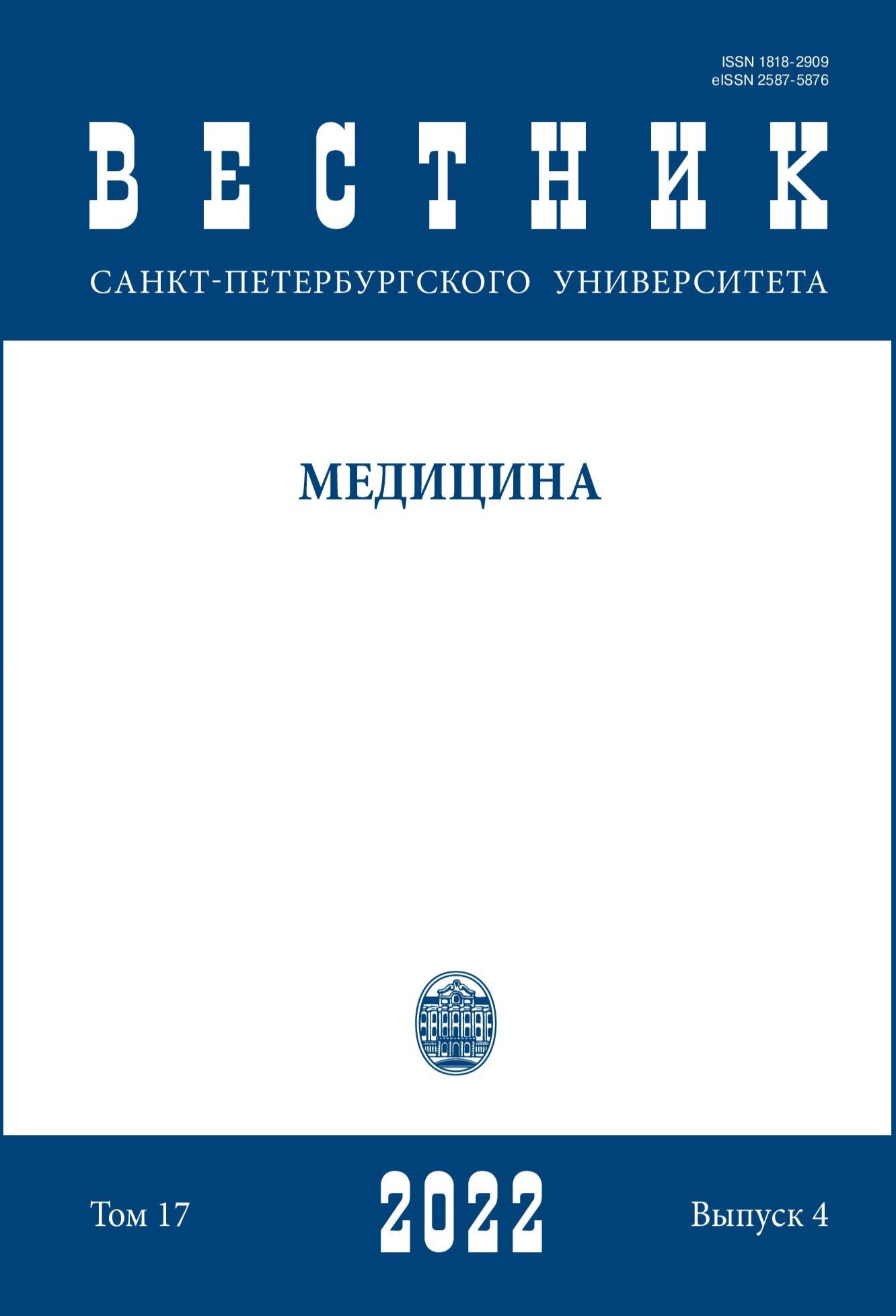Autoimmune markers in prognosis of Assisted Reproductive Technology efficiency
DOI:
https://doi.org/10.21638/spbu11.2022.401Abstract
According to reports, the efficiency of IVF/ICSI protocols is decreased in antithyroid antibodypositive patients as opposed to antibody negatives. However, there are opposite data indicating the absence of the antibody’s impact on the outcome of infertility treatment with assisted reproductive technologies. The prospective study enrolled 90 patients with infertility undergoing treatment with assisted reproductive technologies. The follicular fluid obtained on the day of oocyte retrieval was evaluated for antithyroid peroxidase and antithyroglobulin antibodies using commercial ELISA kits. The main group (n = 45) included women with verified autoimmune thyroiditis and measurable serum and follicular fluid levels of antithyroid antibodies. The comparison group was represented by 45 women without autoimmune thyroiditis. A reliably lower ovarian reserve parameters was noted in the study group relatively to the comparison group. It has been established that follicular fluid AT-TPO levels are negatively associated with the number of two-pronuclear zygotes. Moreover, the serum levels of AT-TPO ≥ 305,0 IU/ml are reliably associated with a higher frequency of suboptimal response to COS and lower clinical pregnancy rate in IVF (IVF/ICSI) cycles.
Keywords:
antibodies, AT-TPO, IVF/ICSI, suboptimal response, embryos, clinical pregnancy
Downloads
References
References
Downloads
Published
How to Cite
Issue
Section
License
Articles of "Vestnik of Saint Petersburg University. Medicine" are open access distributed under the terms of the License Agreement with Saint Petersburg State University, which permits to the authors unrestricted distribution and self-archiving free of charge.




